Research Tips and Advice from Faculty Mentors
Yasemin Akbaba, Political Science
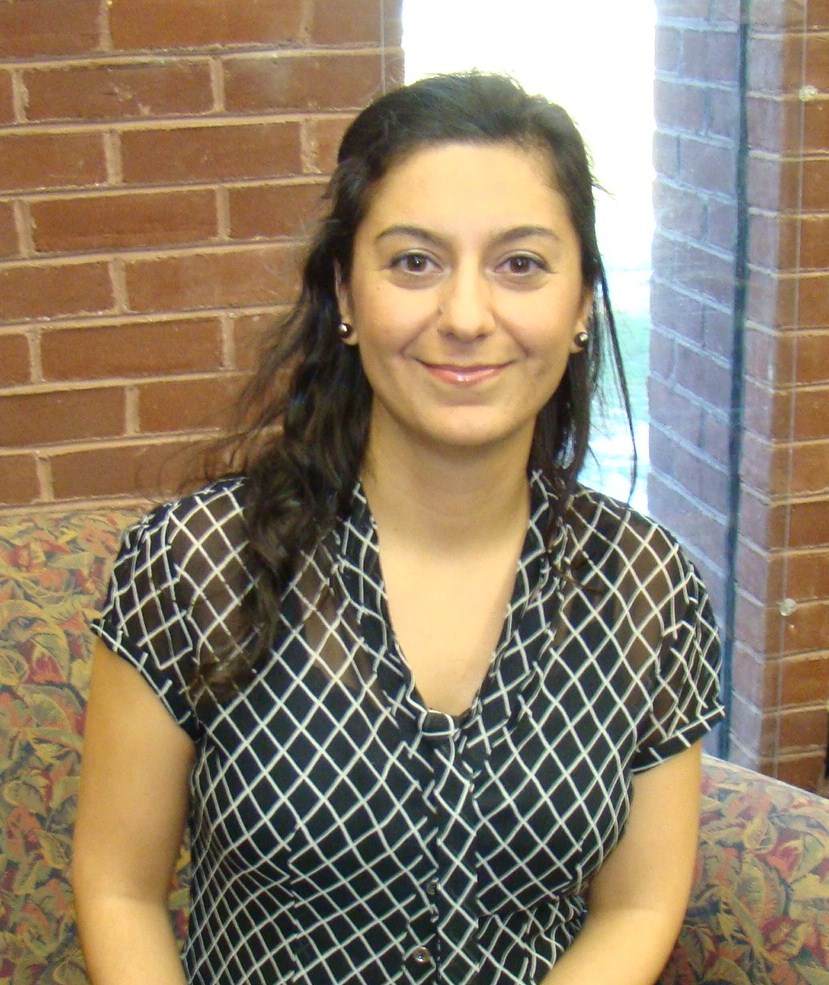 When I am working on a research project, I have two lists—one for the big rocks and another one for the small ones. Big rocks are tasks that require either focus or creativity. I need to make sure I have at least three hours of uninterrupted time to cross one off. I tend to list important research design decisions, data analysis and theory building in this category. I reserve my most productive work hours of the day to ‘move’ one of these.
When I am working on a research project, I have two lists—one for the big rocks and another one for the small ones. Big rocks are tasks that require either focus or creativity. I need to make sure I have at least three hours of uninterrupted time to cross one off. I tend to list important research design decisions, data analysis and theory building in this category. I reserve my most productive work hours of the day to ‘move’ one of these.
Small rocks are ones that I am familiar with, and they do not require more than an hour to complete. Searching for a particular text (articles, reports, speeches); proof reading; formatting or any task that requires repetition go to my small rock list. I do these only when my productivity starts to decline, or I know I will be interrupted.
If I start ignoring the big rock list, I try to address the source. Sometimes it means I don’t know how to solve a problem, or I need to learn something new (and don’t know where to start). This is when I seek help or take a moment to think better. One golden rule here is to create room for recovery. If I did my best and the work is not done, I let it sit. It simply means I need more time.
Most importantly, we all process life differently. This system helps me organize my workdays. It is an opportunity to set boundaries. It might be constraining to others and that is ok. I guess the most important tip is get to know yourself and find strategies that work for you.
Vernon Cisney, Interdisciplinary Studies
 Try to write something pretty much every day, even if it ends up in the scrap pile. Sometimes, beginning to write can feel like the most difficult thing to do. If you find yourself "blocked," shift gears, take the pressure to write something "good" off of yourself, and just sit down at the keyboard and begin typing anything and everything that comes into your head. A lot of it will end up on the cutting room floor, but that's OK. The process itself will be useful and you will find that it will loosen things up and allow ideas to begin to flow.
Try to write something pretty much every day, even if it ends up in the scrap pile. Sometimes, beginning to write can feel like the most difficult thing to do. If you find yourself "blocked," shift gears, take the pressure to write something "good" off of yourself, and just sit down at the keyboard and begin typing anything and everything that comes into your head. A lot of it will end up on the cutting room floor, but that's OK. The process itself will be useful and you will find that it will loosen things up and allow ideas to begin to flow.
Felicia Else, Art History

Kirby Farah, Anthropology
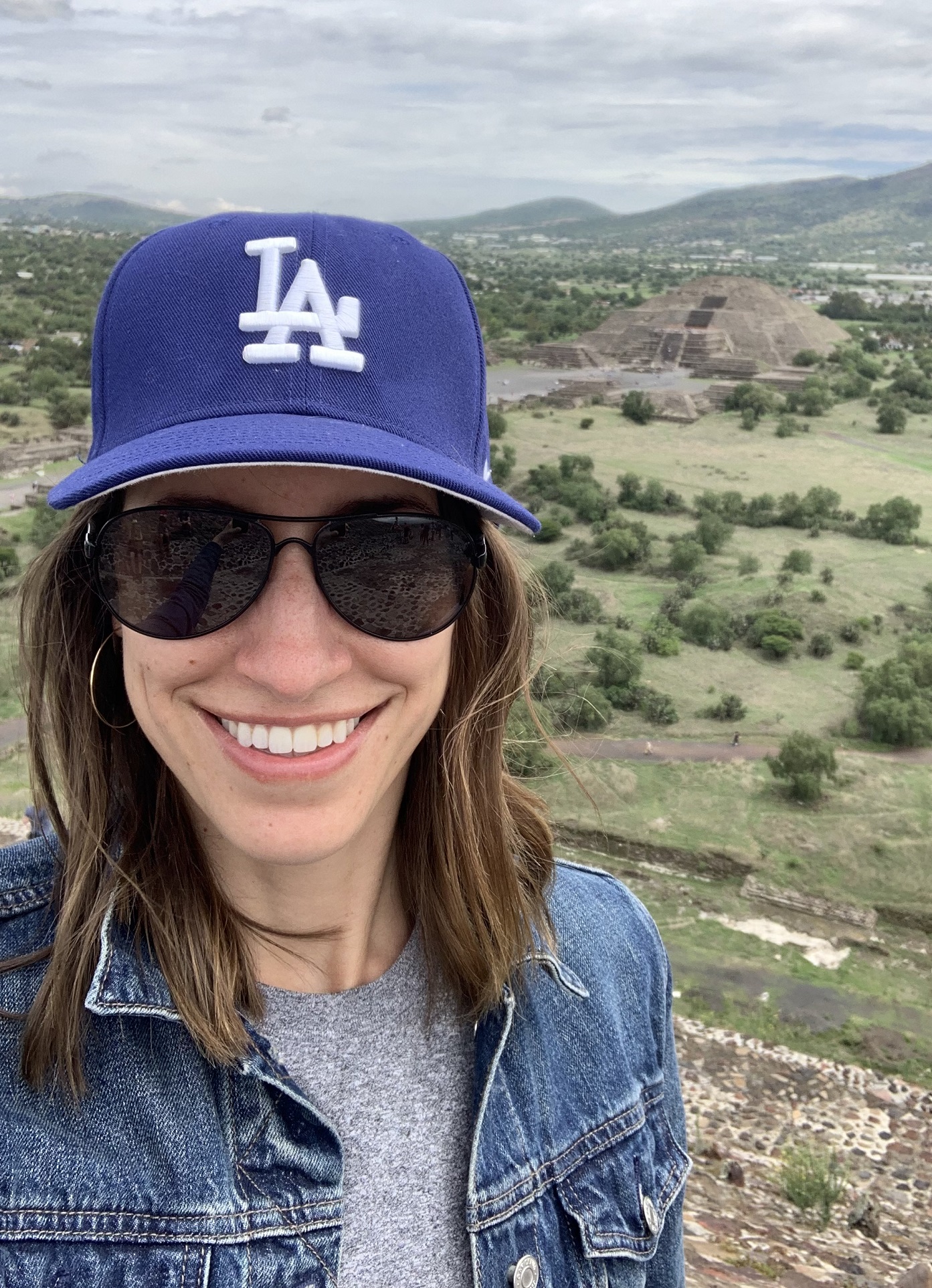 Create a clear outline to guide you through this process. This should include your research question (or thesis/argument) and the lines of evidence you will pursue to answer/prove/address it. When I am working on an article, I like to print out a very simple (one-page) outline of the paper to keep me on task while I’m writing and to keep my thesis at the front of my mind. You might also set deadlines for yourself that correspond to your outline. I always set ambitious deadlines (well-ahead of when things are actually due) because nothing ever goes to plan.
Create a clear outline to guide you through this process. This should include your research question (or thesis/argument) and the lines of evidence you will pursue to answer/prove/address it. When I am working on an article, I like to print out a very simple (one-page) outline of the paper to keep me on task while I’m writing and to keep my thesis at the front of my mind. You might also set deadlines for yourself that correspond to your outline. I always set ambitious deadlines (well-ahead of when things are actually due) because nothing ever goes to plan.
Stay focused on the research question, but don’t be afraid to get lost in a rabbit hole every now and then. Contrary to what I just said, part of what makes research fun is occasionally getting sucked down weird rabbit holes. When writing a paper about indigeneity in contemporary Mexico (a paper largely focused on written histories, 20th century politics, and material culture) I ended up getting lost for days in papers on population genetics. While I ultimately only wrote only a sentence or two about this, I learned a ton and am keeping that knowledge in my back-pocket for future research endeavors. Learning superfluous information is part of the fun, but remember that not everything you learn will serve your current research agenda or argument. Deviate occasionally, but don’t get so lost in side research that you forget your main purpose.
Finally, K.I.S.S.: Keep it Simple Smarty-Pants! This might feel big, but research outcomes (papers, posters, presentations, etc.) are actually small things. The best versions present one (or maybe a couple) clear, cogent argument(s). The theoretical frameworks and the data deployed to support your argument(s) might be complex or complicated, but remember to keep your core takeaways simple—or at least clear. Your audience will thank you for it.
Chris Fee, English

- I’ve spent my professional life in archives and research libraries; the librarians here are world-class: utilize their assistance early and often.
- If you want to be a writer, write every day: A page a day is a book in a year. That’ll be a pretty rough book, but it’ll be a good start. If you don’t feel up to writing on any particular day, spend equivalent time tracking down sources or grabbing some books. Everything counts. Work consistently. I aim for 300-1000 draft words a day.
- Always end each day’s writing by giving yourself a couple of places to start the next day. I highlight such cues in my working drafts. I usually have a few of these cues going at any time, to give myself a handful of places, so I have a variety of choices every day. I start wherever I feel like it. The chapter I’m working on today has about a half dozen of these highlights.
Ashley Whitehead Luskey, Civil War Institute
 Communication is key! Be sure to reach out to your faculty mentor early and often! As is true with classes during the school year, you will always do better if you stay in regular contact with your mentor, whether it’s reaching out for help when you hit a roadblock or are feeling anxious, talking through potential ideas, checking to make sure you are on-track with your work schedule and project outline—or just to share exciting new research finds!
Communication is key! Be sure to reach out to your faculty mentor early and often! As is true with classes during the school year, you will always do better if you stay in regular contact with your mentor, whether it’s reaching out for help when you hit a roadblock or are feeling anxious, talking through potential ideas, checking to make sure you are on-track with your work schedule and project outline—or just to share exciting new research finds!
Establishing an authentic and close relationship with your faculty mentor is key to success and happiness for this fellowship, and your mentor is excited to work so closely with you! This is a unique opportunity to have such direct access to a faculty member on a focused research project, so make the most of it!
James O’Brien, Economics
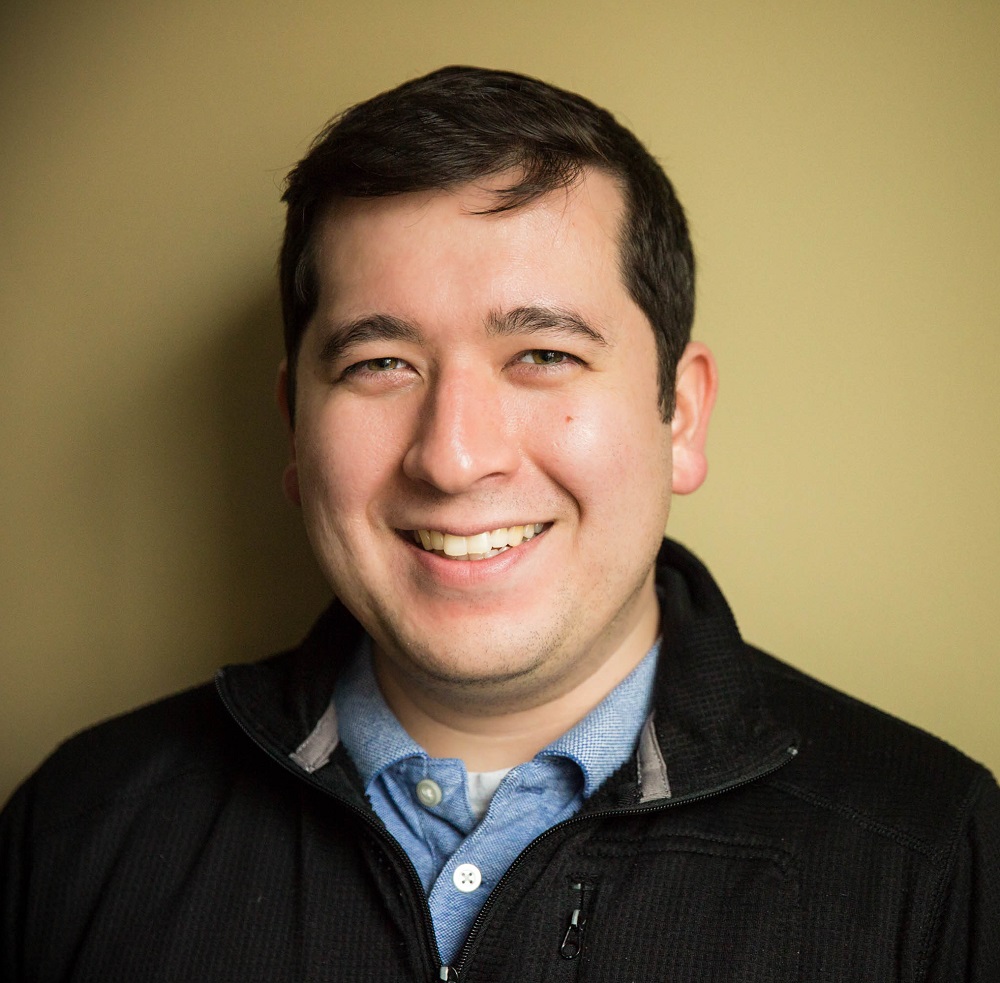 This summer you will push forward the envelope of human knowledge. This is difficult to do. Perseverance is the most important factor for success. Research is banging your head against a wall...and hoping the wall breaks before your head does.
This summer you will push forward the envelope of human knowledge. This is difficult to do. Perseverance is the most important factor for success. Research is banging your head against a wall...and hoping the wall breaks before your head does.
Procrastination is a mental health challenge, not an issue of motivation or laziness. Procrastination is caused by anxiety over the outcome or the project. Recognize this, have confidence, and keep at it.
On writing:
- Writing is thinking. The process of writing is the same as the process of thinking. Students often have the misperception that they should finish their entire project and then write up the results. Write as you go, and start writing as soon as possible.
- The cure for writer's block is to write. Just start writing anything. You can clean it up later.
- Writing is about editing and revision, not about the first draft. A myriad of prolific authors have shared this observation including:
- Justice Louis Brandeis —"There is no great writing, only great rewriting."
- Michael Crichton—"Great books aren't written, they are rewritten."
Gokcer Ozgur, Economics
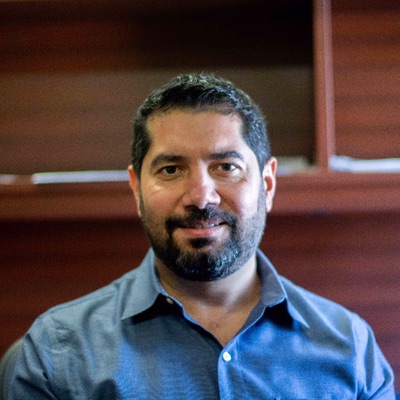 As you have heard from others, a good literature review is the most important starting point for any research. It helps you to have a solid understanding of the topic; it also reveals the gaps in the literature that you can focus on and develop your contribution.
As you have heard from others, a good literature review is the most important starting point for any research. It helps you to have a solid understanding of the topic; it also reveals the gaps in the literature that you can focus on and develop your contribution.
Note-taking is an essential part of the literature review. However, it does not mean that you should write down or summarize everything in the studies you review. Instead, focus on the parts that are relevant to your research. Organize these notes in a Word or Excel file, which will evolve into your literature review section.
It is necessary to give yourself breaks and sometimes take a day off; you need to pace yourself for productive research. Don’t push yourself beyond your limit. Instead, have realistic daily and weekly goals. Review and revise your goals with your advisor.
Perfectionism is another barrier to good research. The fear of making mistakes or not writing well enough often leads to writer's block and prevents you from writing. Keep in mind that you will have many chances to review your drafts, and your advisor (and maybe your peers) will review your drafts and give feedback to you.
If you experience writer’s block, try to write in simple short sentences. You will have many chances to revise your draft. You can try different things to overcome it. For example, assume that one of your friends or family members asked you what you are working on. Write it as if you are explaining it to someone, or record your verbal explanations on your phone, and you can transcribe your recording later. You can also take a walk to clear your head and review your ideas in your mind.
Finally, you should also reach out to your advisor as soon as possible if you cannot overcome these problems on your own. Your advisor is more experienced and can help you to overcome these issues.
Rud Platt, Environmental Studies
 My advice for students when they inevitably get stuck:
My advice for students when they inevitably get stuck:
- Wrestle with the problem for a while.
- Take a break -- get outside or work on something else.
- Re-visit the problem.
- Seek help.
Problem solving is something you practice! Push yourself… be tenacious… but know when to seek help!
Chris Rick, Public Policy

Magdalena Sanchez, History

- Have a schedule and keep to that schedule. The time goes quickly so you should have a clear idea of what you want to accomplish every day. Also figure out what your most productive hours are and make sure you work during those hours. Don’t schedule other things then.
- Start writing early. Writing is not a separate process from research. Do not defer writing until the very end of your project but rather try to start writing (or working on your final project) early on because often you don’t know what you’re missing or what additional research you have to do until you start writing.
- Make time to get exercise. Go for a walk, a run, a swim, a bike ride. Play tennis at the college courts. Exercise helps clear your brain and often helps you think more clearly.
Jocelyn Swigger, Sunderman Conservatory of Music
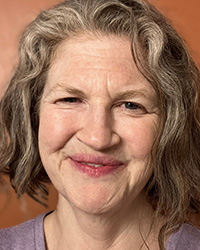
- Make yourself a schedule and follow it. If 9 am is your scheduled research time, don’t dawdle over breakfast and putter in your room until 10:30 because you have all day; have a specific place to be at a certain time, and be there, and don't leave (within reason, of course) till your time is up.
- Speaking of schedules, it can be really helpful to make a list of 5-minute tasks (with several TBD slots) and then do those tasks, with a timer. Whenever the timer goes off, you make a choice: do I want to keep doing what I’m doing, or should I go to another item on the list? Even if you end up spending 20 minutes on something (that’s when you check off all those TBD slots), it’s often helpful to have those 5-minute moments where you refocus.
- Devices in airplane mode as much as possible. If you’re researching on the internet and that’s not realistic, turn off all notifications. Your device craves your attention. You choose when it gets it.
- If you can, end the workday in the middle of a problem. It's so much easier to start writing in the middle of a sentence than to begin a new one, and that's true for lots of other kinds of work as well. It's great to spend a few minutes at the end of a work session planning for the next one like that 5 minute list).
- Accountability buddies are the best. If working silently in the same room works, that can be great—with a check-in at the beginning and end—but it can also be great to check in with a group or a buddy at the beginning and end of the day and/or beginning and end of the week. It’s easy to feel lonely in the study carrel, even when you’re really excited about your project, and it can be helpful to know that, at the end of the day, you have a conversation with humans scheduled.
- Your mentor is excited about working with you on your project. Don't be afraid to approach us with questions and problems--you don't have to only share your triumphs. We're here for you!